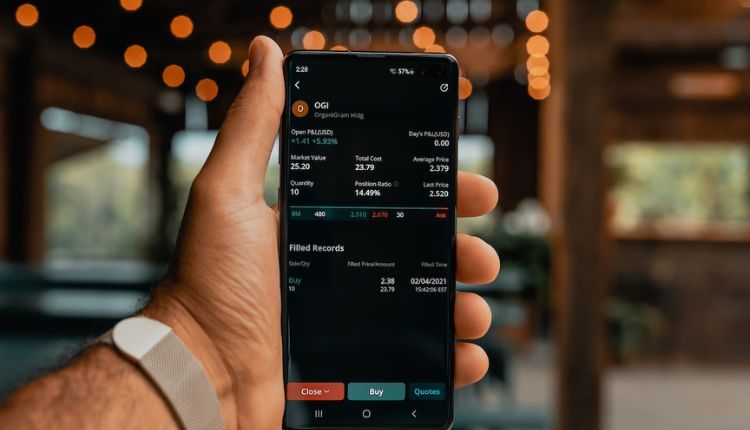A broker is a person or company that acts as an intermediary between an investor and an exchange, carrying out financial transactions for a commission fee. They can trade stocks, currencies, commodities and more. When an investor submits a buy order, the broker routes it to a venue that matches it with a sell order. This is called order execution.
They Are Responsible For Obtaining And Maintaining A Client Base
A broker is a person who helps traders and investors buy or sell financial instruments like stocks, debt, commodities, derivatives, and currencies. These are sold and bought on financial markets that operate using an exchange. تداول eo broker are the direct link between these exchanges and the people who want to trade them.
Brokers typically make money by charging their clients a commission for each trade they execute. This can be a flat fee per trade or a percentage of the total trade value. They can also charge a fee for account maintenance or inactivity fees, as well as margin interest if they allow their customers to trade on margin.
Brokers must maintain a client base by marketing themselves and keeping up with market trends. They often spend a large portion of their time making cold calls and holding seminars on investment topics to expand their clientele. This can be a high-pressure job, especially when the market is volatile.
They Charge Interest Rates Known As Margin Rates
Brokerage firms charge interest rates known as margin rates, which are charged when traders borrow money from their brokers to make trades. These rates are based on the value of your assets and can vary from brokerage to brokerage. However, the rate is usually tied to a benchmark, such as the London Interbank Offered Rate (Libor).
The margin rates are designed to protect brokerages from losses. Because investors can lose money when trading, the broker needs to keep the risk low, which is why margin rates are generally low. This is one of the main reasons why investors should always research a broker before opening an account.
A high margin rate can cause you to lose more than your initial investment, so it is important to monitor your account closely. If you’re not careful, you may end up owing your broker and lose a large amount of money. The good news is that you can lower your margin rate by putting more funds in your account.
They Charge A Fee To Generate Data
Brokers are registered firms that match investors wanting to buy and sell financial securities (like stocks or Exchange-Traded Funds) with parties on both sides of a trade. They usually charge a commission on each transaction. But a growing number of brokers offer commission-free trading, such as Robinhood in the US and Trade Republic in Europe. These brokers generate revenue from other sources, including payment for order flow, which involves routing your trades to market makers that have an agreement with the broker.
Some brokers also make money from research and data, which they share with you for free or at an extra cost. Others earn interest on uninvested cash in investor accounts, which they sometimes share with investors or keep for themselves.
Most brokers require a minimum deposit to open an account. It is important to compare fees and services among different brokers before choosing one. This will help you find the best deal and avoid unexpected charges.
They Have A Long-Term Goal
A broker’s long-term goal is to maintain a financial relationship with traders. This is a performance-based industry, so it’s important for brokers to make money with traders and keep them coming back for more. However, it’s also important to look for other things when choosing a broker. For example, find out what fees and commission they charge and whether they offer low minimum deposits. Another factor is the level of customer support they provide. A good broker will always have customer service agents available for you to get help when needed. This will save you time and money. It will also reduce the number of calls you have to make.
The Bottom Lines
Brokers make money on each trade they execute irrespective of their gains/losses. They also charge interest rates known as margin when investors use leverage to invest with them. Brokers must avoid fraudulent practices like “pump-and-dump” schemes. These involve stock promoters spreading the word about a new stock to boost its price and then selling their shares for profit.

